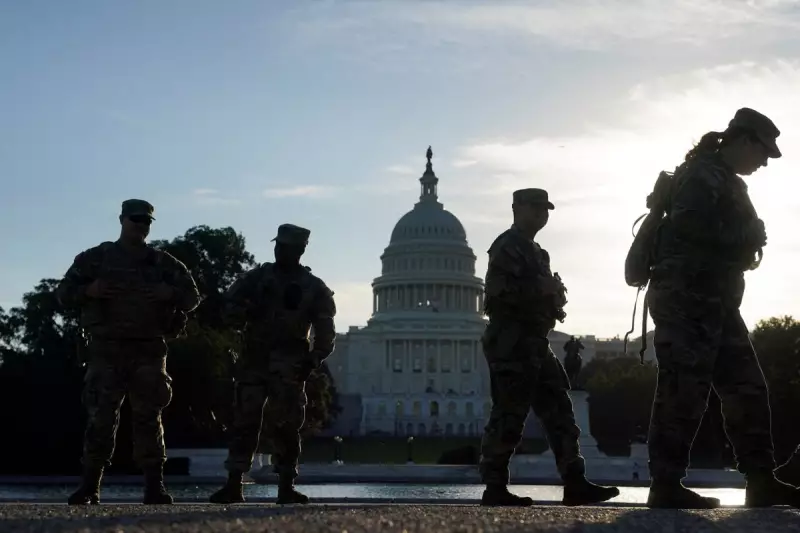
In a dramatic political standoff that has captured national attention, Illinois Governor J.B. Pritzker has firmly rejected a request from the Trump administration to deploy state National Guard troops to the US-Mexico border. The bold refusal marks a significant escalation in the ongoing battle between Democratic state leaders and federal immigration policies.
A Governor's Defiant Stand
Governor Pritzker's office released an official statement confirming that approximately 30 Illinois National Guard members will not be dispatched to support border operations. This decision places Illinois among a growing number of Democratic-led states pushing back against the administration's border security measures.
The controversy emerges amid heightened tensions surrounding immigration enforcement and border protection strategies. While the Trump administration has consistently advocated for increased military presence at the border, several state governors have questioned the necessity and political motivation behind these deployments.
Political Implications and National Reaction
Political analysts suggest this move represents more than just a policy disagreement—it signals a fundamental clash between state and federal authority. The governor's decision has ignited passionate responses from both sides of the political spectrum, with supporters praising his commitment to progressive values and critics accusing him of undermining national security.
This isn't the first instance of state-level resistance to federal border policies, but it certainly ranks among the most direct confrontations. The situation raises important questions about:
- The appropriate use of state National Guard resources
- The balance between federal and state authority
- The political dimensions of border security operations
- The future of immigration policy enforcement
Broader Context and Historical Precedent
The current standoff echoes similar conflicts during previous administrations, though the particular circumstances surrounding immigration have intensified in recent years. National Guard deployments to the border have historically been contentious, but the political divisions appear particularly sharp in the current climate.
As the situation continues to develop, all eyes remain on how the federal government will respond to this latest challenge to its border security agenda. The outcome could set important precedents for future state-federal relations regarding military deployments and immigration enforcement.
What remains clear is that the battle over border policy has moved beyond Washington and into state capitals, with governors like Pritzker emerging as key players in determining the direction of American immigration strategy.





